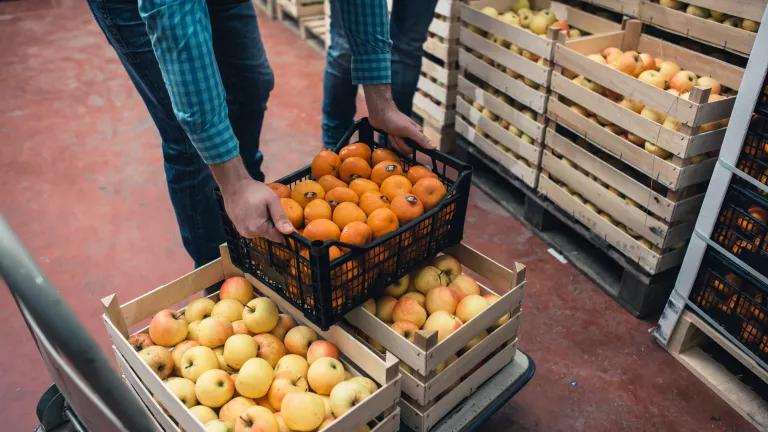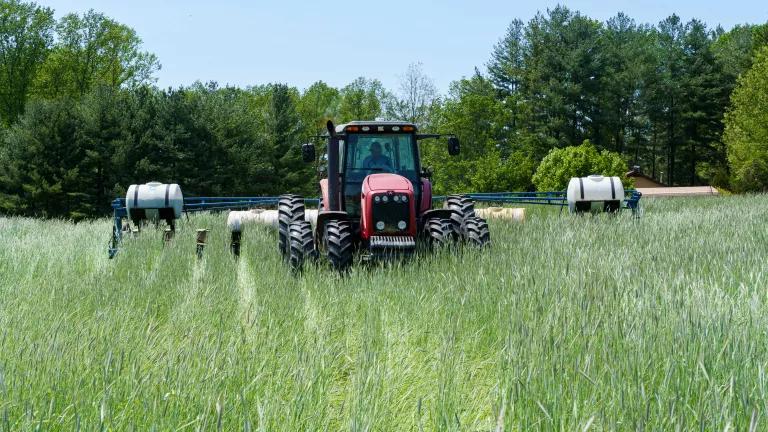Newly released Food Waste Reduction State Model Policy Toolkit
Zero Food Waste Coalition toolkit outlines the gold standard for state policy to reduce food loss and waste, including model language for a dozen policies.

A new toolkit outlining the gold standard for state policy to reduce food loss and waste has just been released by the Zero Food Waste Coalition, of which NRDC is a founding member. “Achieving Zero Food Waste: A State Policy Toolkit” documents the necessary components of more than a dozen state policies related to food waste reduction, explains their connection to federal law, gives examples of successful laws across the country, and includes a model for each policy which can be picked up by legislators and changemakers with minimal alterations.
In recent years, the number of state policies to improve waste diversion, increase redistribution of surplus food, and advance organics recycling have grown rapidly, but the movement as a whole is hampered by the need to start from scratch with a state-by-state approach to waste management. This toolkit will streamline state policy efforts with its comprehensive information and templates.
The report covers fifteen policies divided into sections that include:
- Building and broadening organic waste bans and beyond,
- Opportunities to promote food donation,
- Supporting organic waste processing infrastructure,
- Developing end markets for compost,
- Preventing food waste upstream, and
- Other governmental action to address food waste.
In addition to describing the need for each policy and suggesting best practices, the report offers case study examples of the policy in practice. For example, the section on organic waste bans and mandatory recycling policies talks through the ways in which Vermont’s 2012 Universal Recycling Law embodies elements of what we consider necessary for a successful state organics landfill ban. The section on food safety looks at Texas’s comprehensive food safety regulations as a model example and includes many of its best practices in the model.
In several cases, the authors wrote new draft policy combining elements of previously-introduced bills to make an ideal prototype. But in other instances, such as the disposal surcharge fees policy, other organizations had already published model legislation which the authors wished to describe and draw attention to. Another example is the model mandatory reporting policy, which is adopted from NRDC’s work with the Environmental Law Institute to generate model policies and ordinances for municipal actors.
As we approach the final stretch in the U.S. goal to reduce food waste by 50% by 2030, every level of government, from the White House to the State House to City Hall, needs to replicate and accelerate successful measures to reduce food waste. A fundamental tenet of NRDC’s work to reduce food waste is that there are examples of successful policies and programs already working in states (and cities!). We endeavor to elevate and articulate components of these activities which make them successful and promulgate these best practices. The models in this toolkit will remove initial barriers for state legislators and changemakers across the country to advance the most effective solutions within their own communities. Our neighborhoods, our economy, and the climate will all benefit from stronger policies to reduce food waste in every statehouse across the country.




